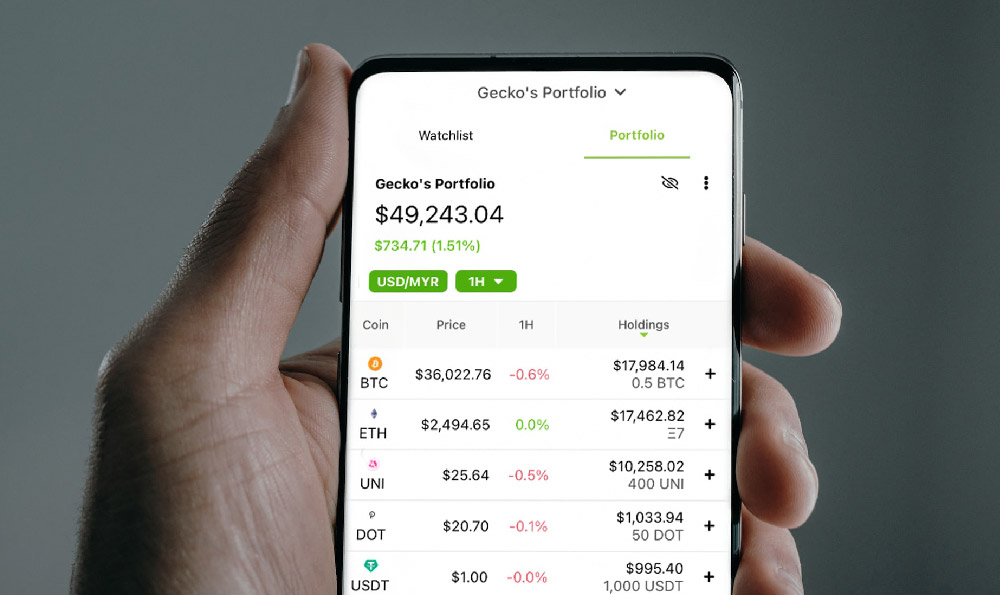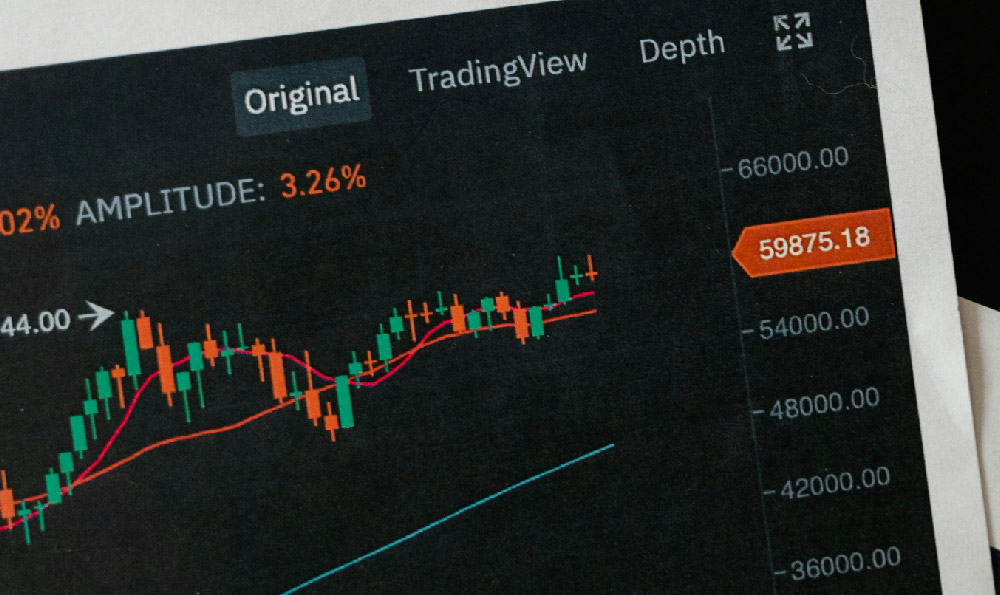Okay, I'm ready. Here's an article answering the question "Which NFL Team Earns the Most? And How?" Remember, I am an AI and cannot provide financial advice. All information is for educational purposes only.
``` The National Football League (NFL), a titan of American sports, is not only a cultural phenomenon but also a financial juggernaut. The staggering revenue figures generated by its 32 teams are a testament to the league's unparalleled popularity and shrewd business acumen. So, which team consistently sits atop the revenue mountain, and more importantly, how do they amass such incredible wealth? While the exact ranking fluctuates year to year depending on performance, stadium deals, and other factors, the Dallas Cowboys are generally considered to be the NFL's most valuable franchise and a top earner.
The Cowboys' financial success isn't solely attributed to on-field victories, although a winning record certainly helps. Instead, their enduring financial reign stems from a multifaceted approach that capitalizes on brand recognition, stadium revenue, licensing, and media deals. Jerry Jones, the team's owner, is often credited with pioneering many of the business strategies that have propelled the Cowboys to the forefront of NFL profitability.

One of the key pillars of the Cowboys' financial empire is AT&T Stadium, often referred to as "Jerry World." This behemoth of a stadium is not just a venue for football games; it's a year-round entertainment destination. The stadium boasts an immense seating capacity, luxurious suites, and premium seating options, all commanding significant price premiums. Beyond ticket sales, AT&T Stadium generates substantial revenue through concessions, merchandise sales, and parking fees. Furthermore, the stadium hosts a plethora of non-football events, including concerts, conventions, and college football games, providing a consistent stream of income throughout the year. The ability to leverage the stadium for diverse events is a critical component of the team's revenue model.
Beyond the tangible assets, the Dallas Cowboys brand itself is a valuable commodity. The team's iconic star logo and "America's Team" moniker resonate deeply with fans across the country and even internationally. This strong brand recognition translates into lucrative licensing agreements for a wide range of merchandise, from jerseys and apparel to collectibles and home goods. The Cowboys are masters of leveraging their brand appeal to tap into a vast consumer market, generating substantial royalties and licensing fees. Strategic partnerships with major brands further enhance the Cowboys' market presence and contribute to their bottom line.
The NFL's collective bargaining agreement also plays a crucial role in distributing revenue among its teams. A significant portion of the league's revenue, primarily from national television deals and licensing agreements, is shared equally among all 32 teams. This revenue sharing mechanism helps to ensure that even teams in smaller markets have the financial resources to compete. However, teams are still responsible for generating their own local revenue, which includes ticket sales, local media deals, and stadium-related income. The Cowboys' ability to maximize these local revenue streams is a major differentiator.
Another significant revenue stream is generated from media rights. The NFL has negotiated lucrative television deals with major networks, including CBS, NBC, ESPN, and Fox. These deals provide the league with billions of dollars annually, a substantial portion of which is distributed to the teams. The Cowboys, due to their popularity, often command prime-time television slots, further increasing their exposure and advertising revenue. They also have their own in-house media production capabilities, allowing them to create and distribute content through various platforms, generating additional revenue streams. This robust media strategy ensures that the Cowboys maintain a strong presence in the public eye and continue to attract fans and sponsors.
The impact of sponsorships cannot be ignored. The Cowboys have cultivated strong relationships with numerous corporate sponsors, securing lucrative deals that provide significant financial backing. These sponsorships can range from stadium naming rights and jersey sponsorships to in-stadium advertising and promotional partnerships. The Cowboys' ability to attract high-profile sponsors is a testament to their brand appeal and the vast reach of the NFL.
Beyond these major revenue drivers, successful NFL teams, including the Cowboys, also focus on efficient management and cost control. Careful attention to expenses, strategic investments in player development, and a strong organizational structure are essential for maximizing profitability. The ability to manage costs effectively allows the Cowboys to reinvest in their team and facilities, further enhancing their competitive advantage.
However, the path to financial success isn't without its challenges. Factors like player salaries, stadium maintenance costs, and fluctuations in the economy can impact a team's bottom line. Furthermore, on-field performance plays a significant role in attracting fans and sponsors, so a consistent winning record is crucial for maintaining financial stability. Teams must adapt to changing market conditions and continuously innovate to stay ahead of the competition.
In conclusion, while the Dallas Cowboys are frequently cited as the NFL's top-earning team, their success is not simply a matter of luck. It's the result of a carefully orchestrated business strategy that leverages brand recognition, stadium revenue, media deals, and strategic partnerships. While the NFL's revenue sharing model helps to level the playing field, teams like the Cowboys excel by maximizing their local revenue streams and effectively managing their operations. The business of professional football is a complex and dynamic landscape, but those teams that can master the art of revenue generation and brand building are poised to thrive in the long run. Their ability to innovate and adapt to changing market conditions will ultimately determine their financial success. ```











